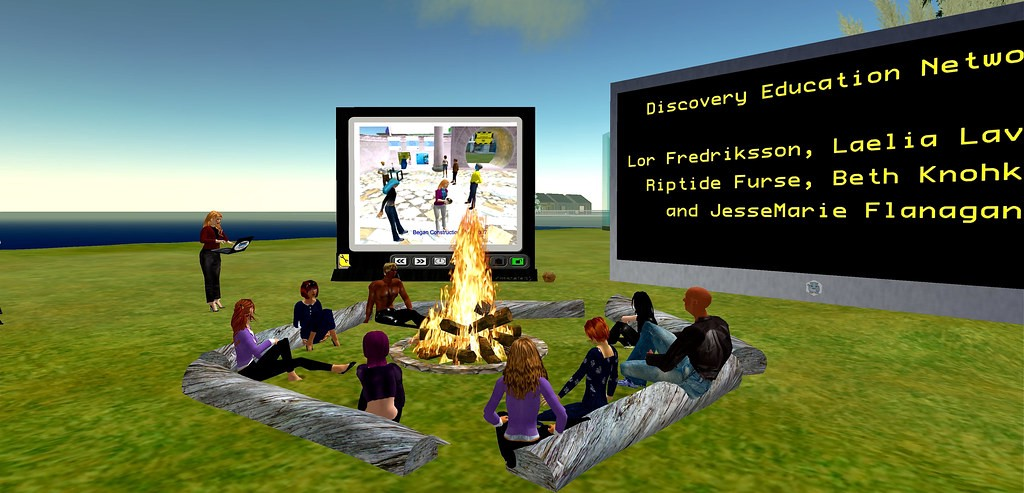Video games have activated survival mode . For now, it is the cultural sector that best resists the crisis caused by the coronavirus. And although consumption has soared worldwide, it is not that the industry has recorded positive figures. The purchase of online games has grown by 52%, but the physical format has fallen by 55%, they point out from the Spanish Video Game Association (AEVI). " Sales cannot be compensated . People play more but it is not reflected in income. Although it is still early to quantify the impact and you have to be cautious, if this situation lengthens you could lose 50 million euros a month "explains José María Moreno, CEO of AEVI.
In Spain, as occurs more or less in the rest of the world, the videogame industry invoices almost double that of cinema and music combined: 1,479 million euros in 2019 , which includes the sale of consoles and revenues from e- sports. And video games made in Spain generated 813 million worldwide during 2018, according to the recent Video Game White Paper published by DEV, the developers' association. Although the annual growth forecast was 10.7% (which would mean reaching 1,223 million in 2022), this unexpected crisis breaks it completely.
The sector resists but in the medium term the effects can be devastating : almost half (46%, specifically) of the Spanish studies run the risk of disappearing if the crisis lasted more than three months. In this case, economic losses of up to 270 million euros and 2,300 jobs would be estimated. That is the most apocalyptic scenario of the study published by (DEV) on the impact of COVID-19 on national producers. "The video game industry has always been survival: it resists piracy, it adapts to technological changes ... In Spain, it is growing and in the consolidation phase, making it especially fragile and more exposed. It is true that We have not closed, like cinemas or theaters , but small and medium-sized companies depend on financing new projects and external publishers, "says Xavier Carrillo, DEV Vice President and CEO of Digital Legends, one of the veteran companies and more strong in the sector.
Spain is the fourth European market and the ninth in the world, but its business fabric is highly polarized, made up of a broad base of micro-businesses that are the most vulnerable. "Videogames is the cultural sector that can best resist the crisis. It will survive, but the unknown is how strong will it be later and how will the ecosystem be?" Carrillo says.
In the current context, launching a new game is risky no matter how much online sales have grown and online player records have been reached . "You have to keep in mind that many online games are free-to-play. In the end, the profits go to large multinationals and distributors," says Carrillo. But from Digital Legends they have published the game they had been developing for Apple smartphones for three years: Respawnables Heroes. "We are considering delaying the launch, but the future is so uncertain that we decided to keep the date," he admits. It is still too early to assess the numbers of Respawnables Heroes, a game in the line of a new generation of values: Set in a post-climate crisis, it includes many female characters - not hypersexualized and also designed by women - the weapons are fantasy and violence is not gore ... "It is not moralizing, that would provoke rejection in the player. But if the game is set in a world of equality and diversity , it can have a great subjective impact on the players," Carrillo observes.
Break down stereotypes
Apart from economic losses, video games can emerge stronger from the crisis from a social point of view and knock down many of the stereotypes that still weigh on them, such as the hackneyed promotion of violence or digital addiction. The WHO, which in 2019 had ratified video game addiction as a mental illness, recommended in March to play as a healthy tool to deal with quarantine: on the same level as reading a book.
"Video games are the favorite leisure option in this period of seclusion. This is an opportunity for discovery for those who are not familiar with them: many parents will be able to play with their children, get to know their world and understand why they like them so much", José María Moreno stands out. And he adds: "The prejudices of the most critical do not always come true. There are an infinite variety of video games, of all kinds and categories: they are not only entertainment but they also improve skills (reflexes, memory, culture. ..) and socialize. "
Travel. Travel. Go to bars. Avatars can do it in Second Life or VRChat. Among teenagers and young people it is becoming more and more popular to stay in Minecraft or to play games in any multiplayer game. "It is a way of 'leaving' the house and interacting with others," says Moreno. See you at 7pm in a bar in Second Life.
According to the criteria of The Trust Project
Know more- culture
CultureVideogames for claustrophobia
The absurdity of comparing PS5 and Xbox Series X before launch
Video games Stay at home (III): Untitled Goose Game, the game of the (damn) goose

